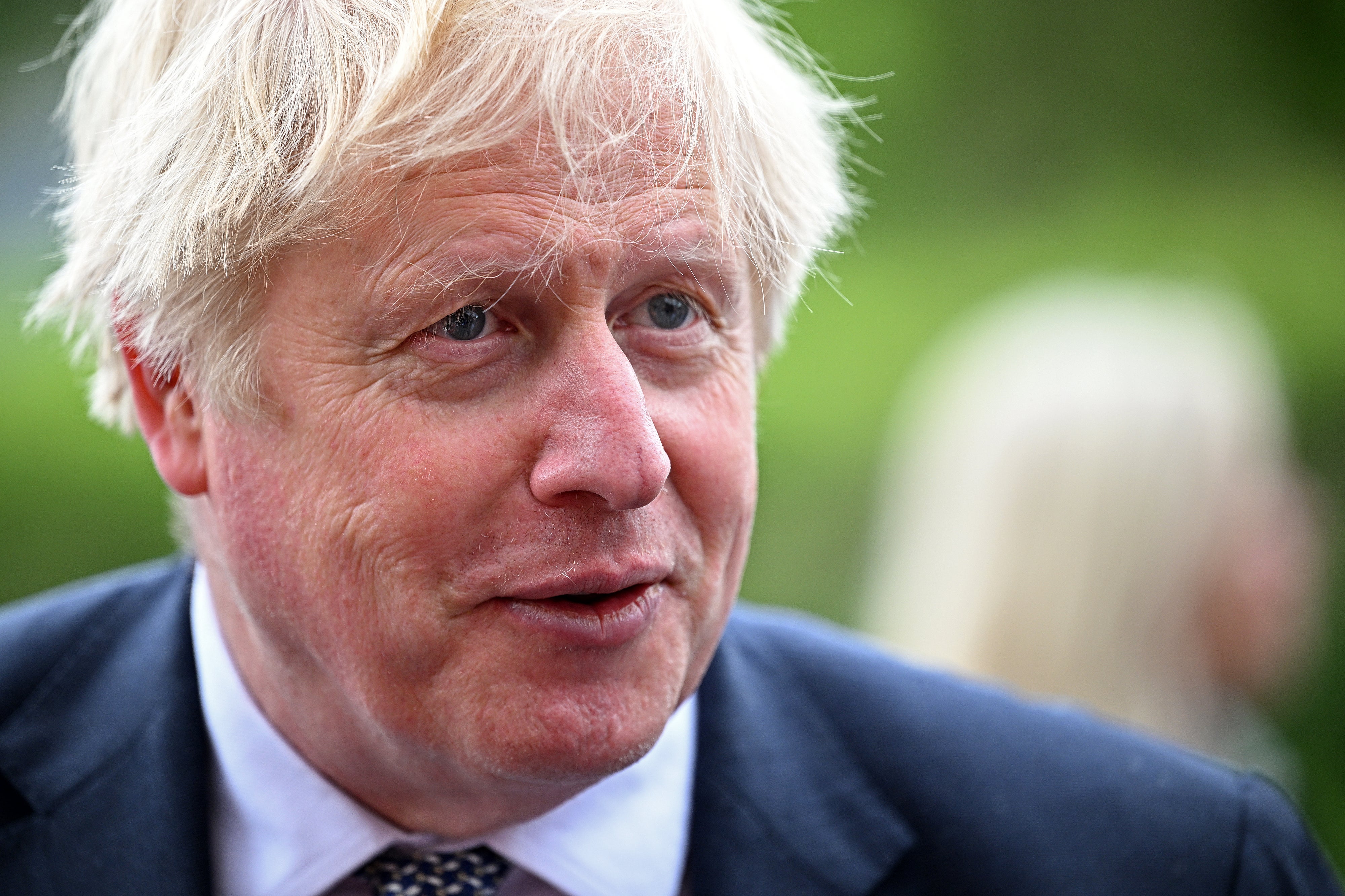Boris Johnson’s pledge to slash civil service jobs is an old chestnut – and almost certainly won’t happen
Again, the PM’s priority is to placate Tory MPs to survive rather than doing what the country needs, writes Andrew Grice


The government is thrashing around as it tries to convince the public it is tackling the cost-of-living crisis. Its latest big idea is Boris Johnson’s pledge to cut 91,000 civil service jobs, one in five of the total.
It’s an old chestnut and it almost certainly won’t be delivered; when ministers have to decide what to stop doing in their departments, they will shy away from it. Many of the extra Whitehall posts created since 2016 are due to Brexit. The environment department, now responsible for agriculture policy rather than the EU, has taken on 4,500 extra staff. The new Department for International Trade has recruited 2,000: will they be sacked when the government is desperate to strike trade deals around the world?
A recruitment freeze will eventually provide some savings and some officials taken on during the Covid emergency can probably be let go. Ministers argue, as Jacob Rees-Mogg did during a round of media interviews on Friday, that it is “not about doing less, but doing it more efficiently” and denied a return to austerity. But there is a danger ministers make the civil service less productive if this latest move forms part of their silly culture war against working from home.
The government is framing everything it does as part of a drive to tackle the living standards crisis. As Boris Johnson told the Daily Mail: “We have to cut the cost of government to reduce the cost of living.” This tenuous link – based on the government eventually taxing us less – exposes the woeful lack of immediate help to millions of struggling families.
At the 2015 election, David Cameron and George Osborne won the economic argument by repeating that they had a “long-term economic plan” so often that voters believed it. Today the government desperately needs a short-term economic plan, but all it has is a kitchen sink strategy.
The plan to shrink the civil service back to 2016 levels emerged in a cabinet awayday in Stoke-on-Trent on Thursday which merely advertised its lack of ideas to address the immediate problems. A cabinet committee chaired by Johnson is looking at measures such as raising the number of children a childminder can look after. He repeatedly urges ministers to come up with proposals in their areas – but, crucially, only if they don’t cost money. Surprise, surprise, the cupboard remains pretty bare.
Similarly, the Queen’s Speech was presented as addressing economic challenges: its first line said the government’s priority is “to grow and strengthen the economy and help ease the cost of living for families”. True, a Queen’s Speech is not a budget and legislation can’t magic away a global hike in energy prices. But Johnson shied away from the one big change that would transform the economy – and the Tories’ electoral prospects among young adults – by ditching plans to relax planning rules to allow more housebuilding.
The government is now unlikely to hit its target of seeing 300,000 homes a year built in England. Instead, the legislative programme prioritised “wedge issues” in the hope the Tories can attack Labour for opposing them, such as privatising Channel 4, cracking down on protesters and weakening human-rights laws.
Some Tory MPs told me they were surprised and perplexed by the long-term nature of many of the Queen’s Speech measures. Many Tories have cooled on Rishi Sunak, not because of his wife’s tax status or his US green card, but because they claim he has a “tin ear” about the hardship faced by their constituents.
The chancellor initially wanted to delay further help until the autumn so he could address the next energy price rise in October. He has already been forced to bring that forward to August, when the increase will be announced. But this still leaves a dangerous vacuum in which the Tories are accused of doing nothing; Sunak will be forced to “do something” sooner rather than later, probably by adopting Labour’s plan for a windfall tax on the profits of oil and gas companies.
To keep up to speed with all the latest opinions and comment, sign up to our free weekly Voices Dispatches newsletter by clicking here
The government should also raise universal credit to direct most help at those who need it most. But Sunak allies say he is reluctant to repeat his temporary £20-a-week uplift during the pandemic as he would face the same demands he did then to make it permanent.
The justified suspicion at Westminster is that the Tories want to reward “our people” rather than those on benefits – a lazy misjudgement, since 40 per cent of those on universal credit are in work. In private meetings with impatient Tory backbenchers, Johnson hints at early tax cuts, though some are rightly sceptical because he gave similar nods that the April national insurance increase would be halted and it went ahead.
Income tax reductions would not target help at the bottom 20 per cent of the income scale where it is most needed. Once again, Johnson’s priority is giving Tory MPs what they want in the hope of boosting his survival prospects, rather than doing what the country needs.






Join our commenting forum
Join thought-provoking conversations, follow other Independent readers and see their replies
Comments